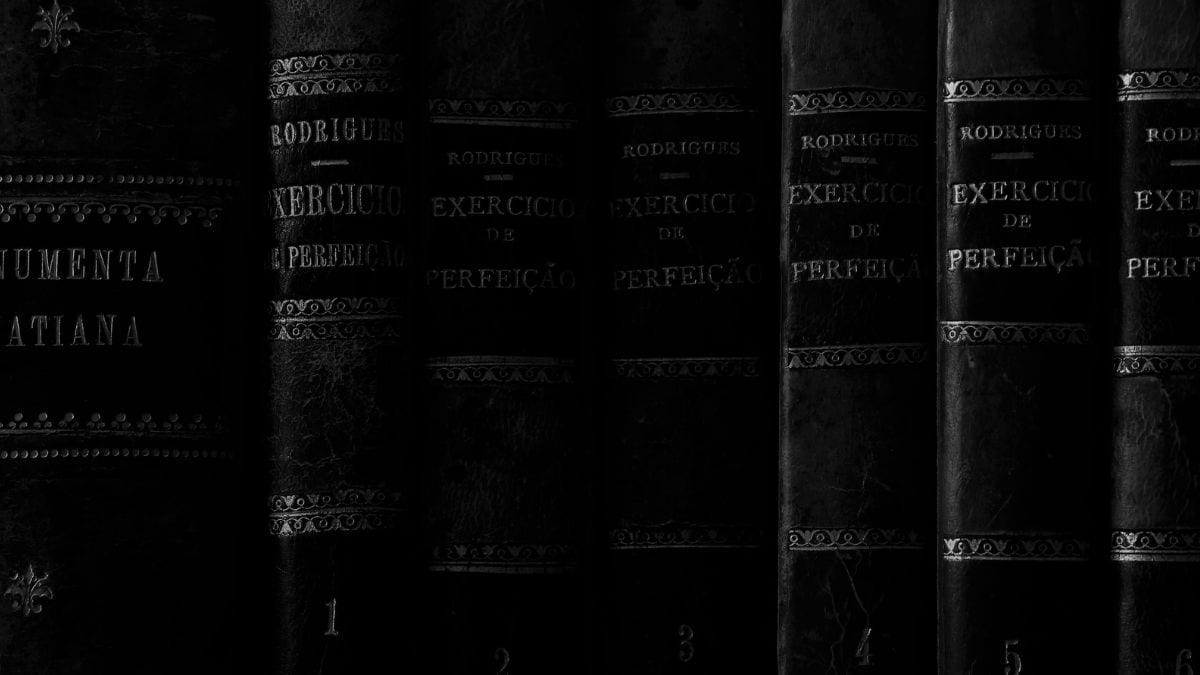Throughout my life, I have become someone who reads the latest and greatest, but not someone who has spent time reading the classics. I’ve always felt the classics I was forced to read in school were boring, written for someone who likes to spend the day pondering the meaning of life but not about what life is, and unimaginative. Turns out that mainly describes the AP English curriculum in America and it is not a reflection of classic books at all.
I started to read classics because I wanted to see where today’s books got their inspiration from and I came to realize that the classics are something I am interested in. I started asking my boyfriend about how Europe treated classics and found out that what he read versus what I read was highly contrasting. He also read classics at a younger age than we do in America. As I was graduating High School, I was reading classics he read when he was in middle school.
*Disclosure: We only recommend books that we love and would read ourselves. This post contains affiliate links, as we are part of the Amazon Services LCC Associate Program and others, which may earn us a small commission, at no additional cost to you.

I also asked the question “Do y’all have banned books in Europe?” and he just looked at me like I was crazy and said that they couldn’t read the book Hitler wrote. which is fair. But he was surprised when I said each year America gets new books added/taken off of a banned book list. While he isn’t a huge reader at all, I feel like you would know if you have a banned book list. And the fact that they do not and we do is another contrast in how schools approach reading and literature in school.
I ended up with a list of his favorite classic books from his years in school. And from his list, I had only read one book. One! (It was 1984). So I sucked it up and began exploring classics, and started gaining an appreciation and love of the books that shaped all my favorite reads.
10. Zadig, Voltaire
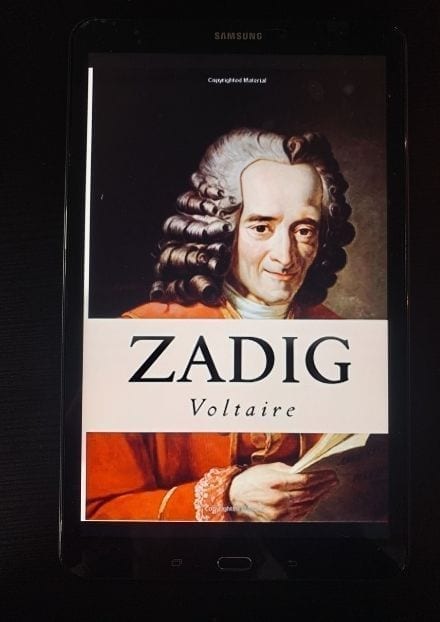
This book is a novella and focuses on Zadig who is a philosopher in Babylonia. This book is not historically accurate, and true to Voltaire’s writing it has parallels between the time he is writing about and the political and philosophical issues he is facing during his time.
9. Dom Juan, Molière
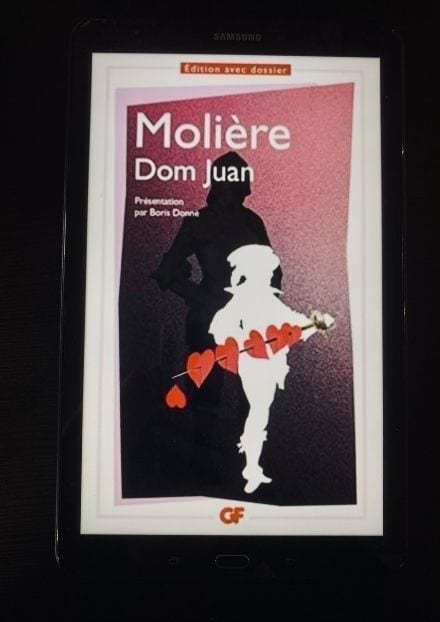
A guy who abandons his former life, and his wife, to just escape. He wants a life of freedom and not to be tied down ( like his debts ). He becomes sneaky and fox-like to get what he wants from whoever he wants. His wife’s brother and father start pursuing him and using his own tricks to grab him. Will he take a ‘good’ life or keep up his life of freedom?
Related20 Best Classic Literature Books Of All Time
8. 1984 George Orwell
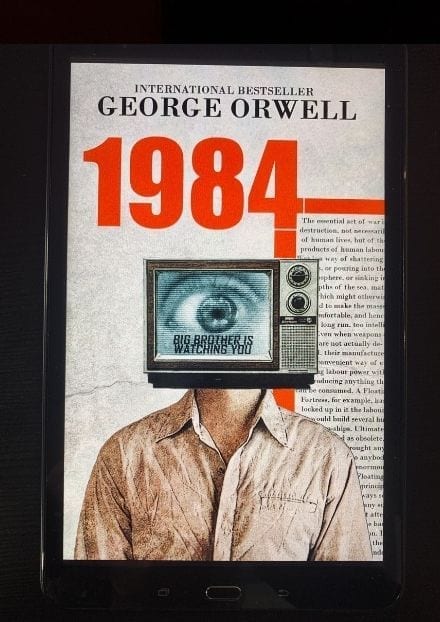
In an dystopian setting, this book feels a little too close to home. With ‘Big Brother’ always watching you, and censoring what you say and do; this book shows you what happens when two people rebel against their government.
7. Le Malade Imaginaire, Molière
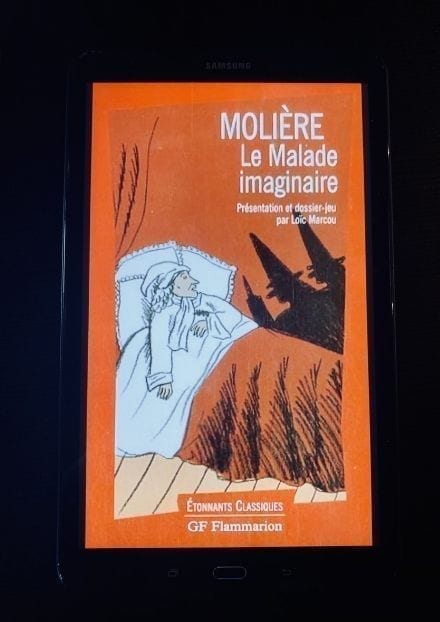
This is a 3 act comedy/ballet. Written like a satire you see why Moliere was considered to be a master of comedy. This satire pokes fun at doctors and is classified as a “comedy of manners”.
6. Candide, Voltaire
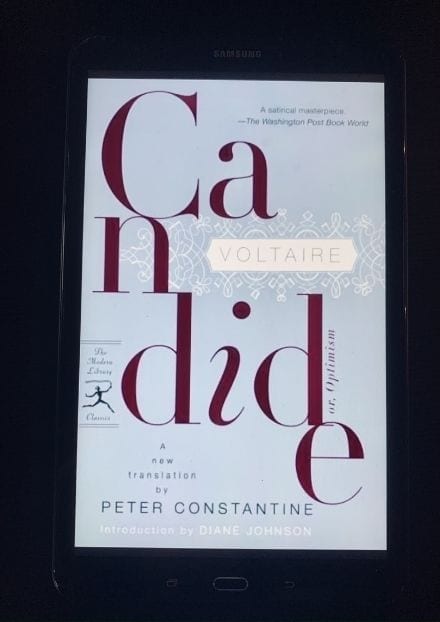
Candide is one of those classic books that plays with satire and humor to portray thoughts that clash with the Enlightenment period. From religion to philosophy Voltaire explores the idea that what is mainstream may not be right and that positive thinking only gets you so far in life.
RelatedBest Historical Fiction Books for a Fascinating Journey Through Time
5. Le Père Goriot, Balzac
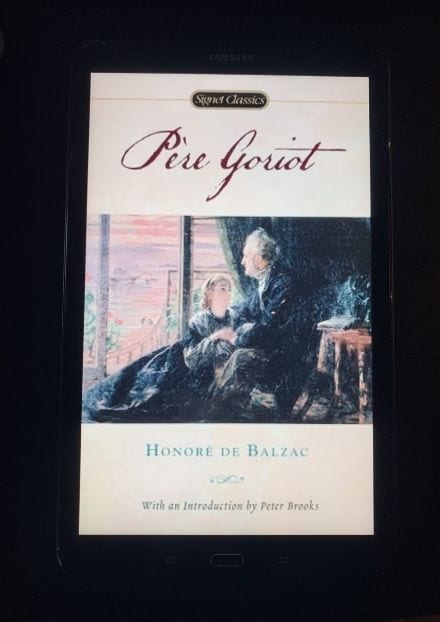
Here you have a book that follows two people; a father who was a successful businessman but has spoiled daughters, and a man trying to climb the social ladder, this man ends up being more than a selfish man and cares about who he uses to achieve his success — one being the daughter of the once successful businessman.
4. Madame Bovary, Gustave Flaubert
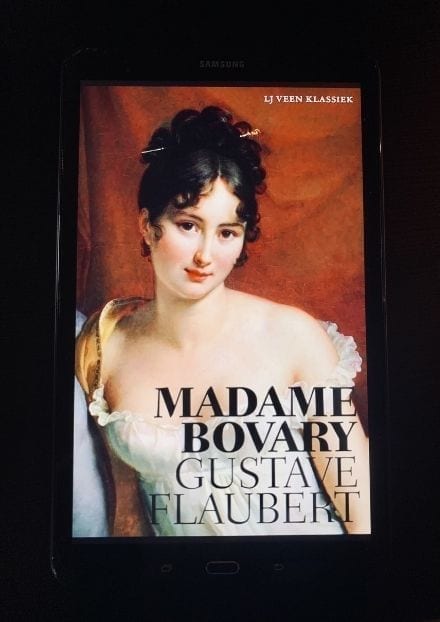
You follow the life of a woman who is living above her means. She does this so that her life will not be boring and meaningless anymore. But do things really make your life worth living?
3. Bel-Ami, Guy de Maupassant
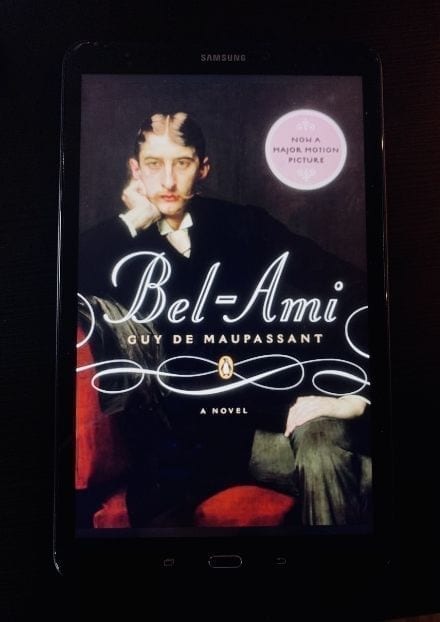
Follow the life of the luckiest journalist alive. As the main character, George Duroy, returns home from war and starts trying to make a life in the civilian world, a new career as a journalist appears and one lucky break will launch a fantastic career. Or if you feel like watching the movie, go for it.
RelatedWhat Are The Benefits Of Reading Classic Literature?
2. Cyrano de Bergerac, Edmond Rostand
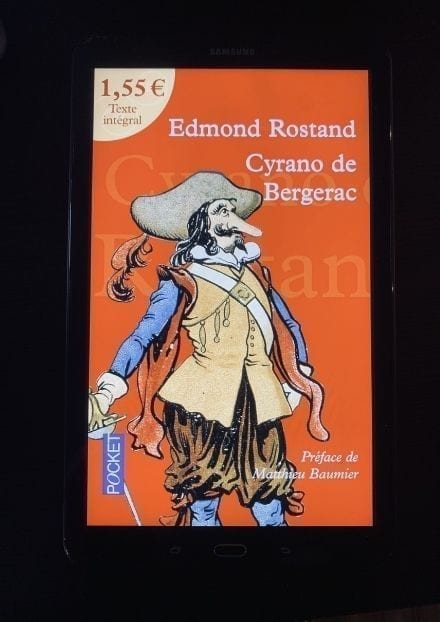
Based on the real-life figure Cyrano de Bergerac, you get to read a fanatical re-enactment of his life. Extremely well-researched, and full of proven facts about the real-life Cyrano, this play shows you that even people back then let their perceived view of their appearance influence their talents and life goals.
1. Vendredi ou La Vie Sauvage, Michel Tournier
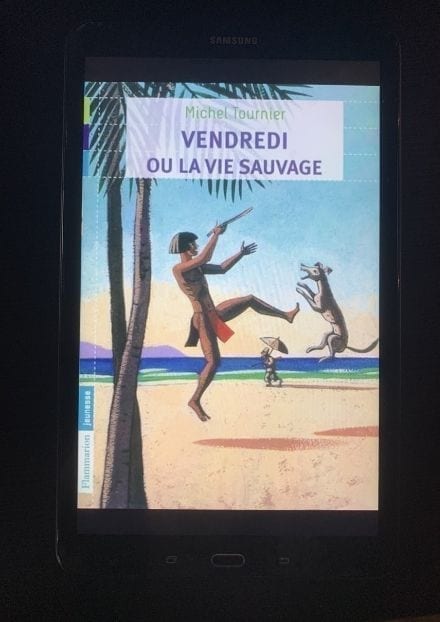
It’s the story of a guy who was on a cruise with all his friends. This boat was called Virginia, and then one day this boat got in an accident. The only survivor was him and a dog stranded on a deserted island. Follow his story as he goes from being all alone and stranded to finding Indigenous people and making a choice to stay or not.
The movie Castaway is a similar story plot that follows this Robinson Crusoe-type adventure.

